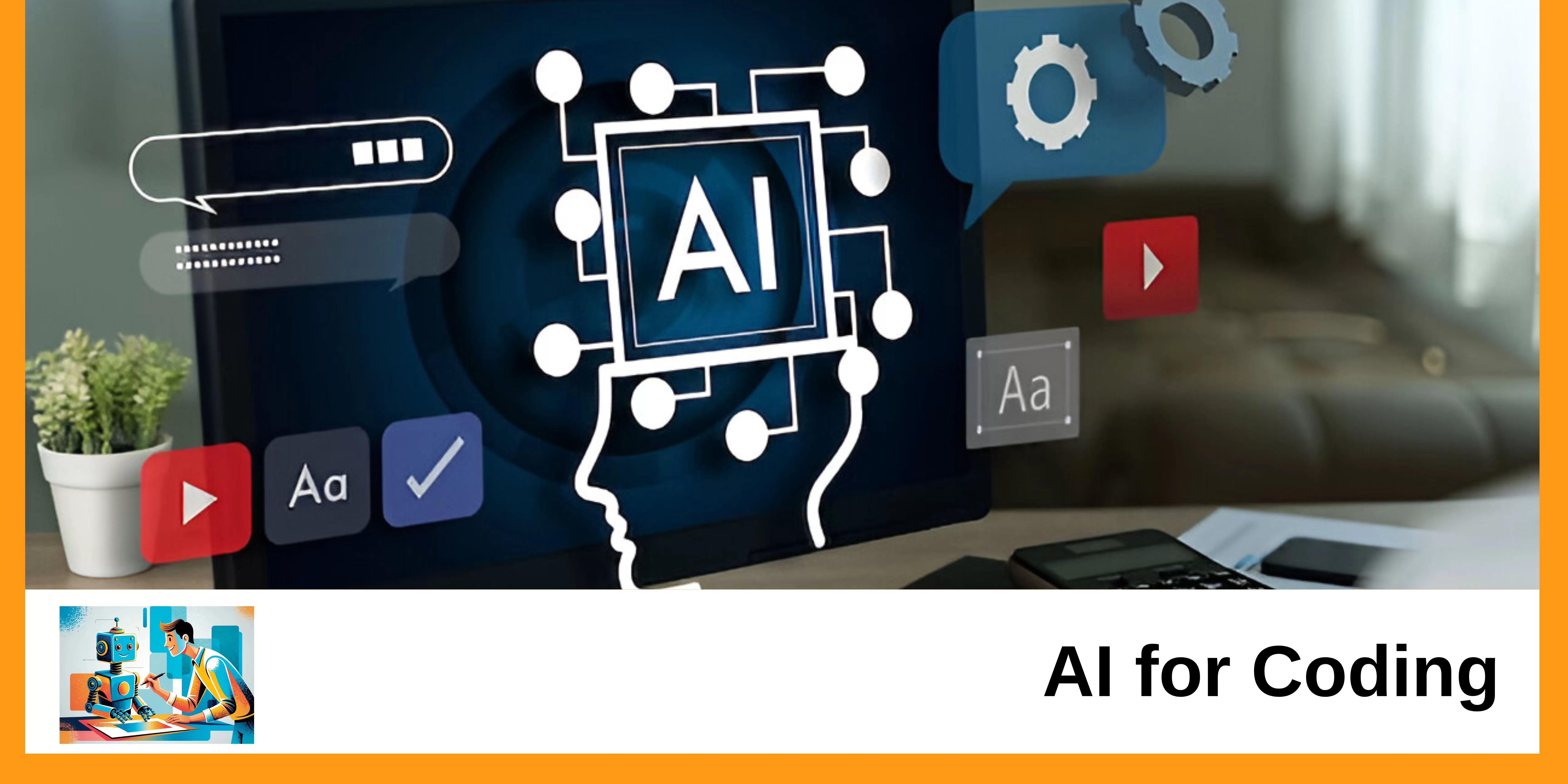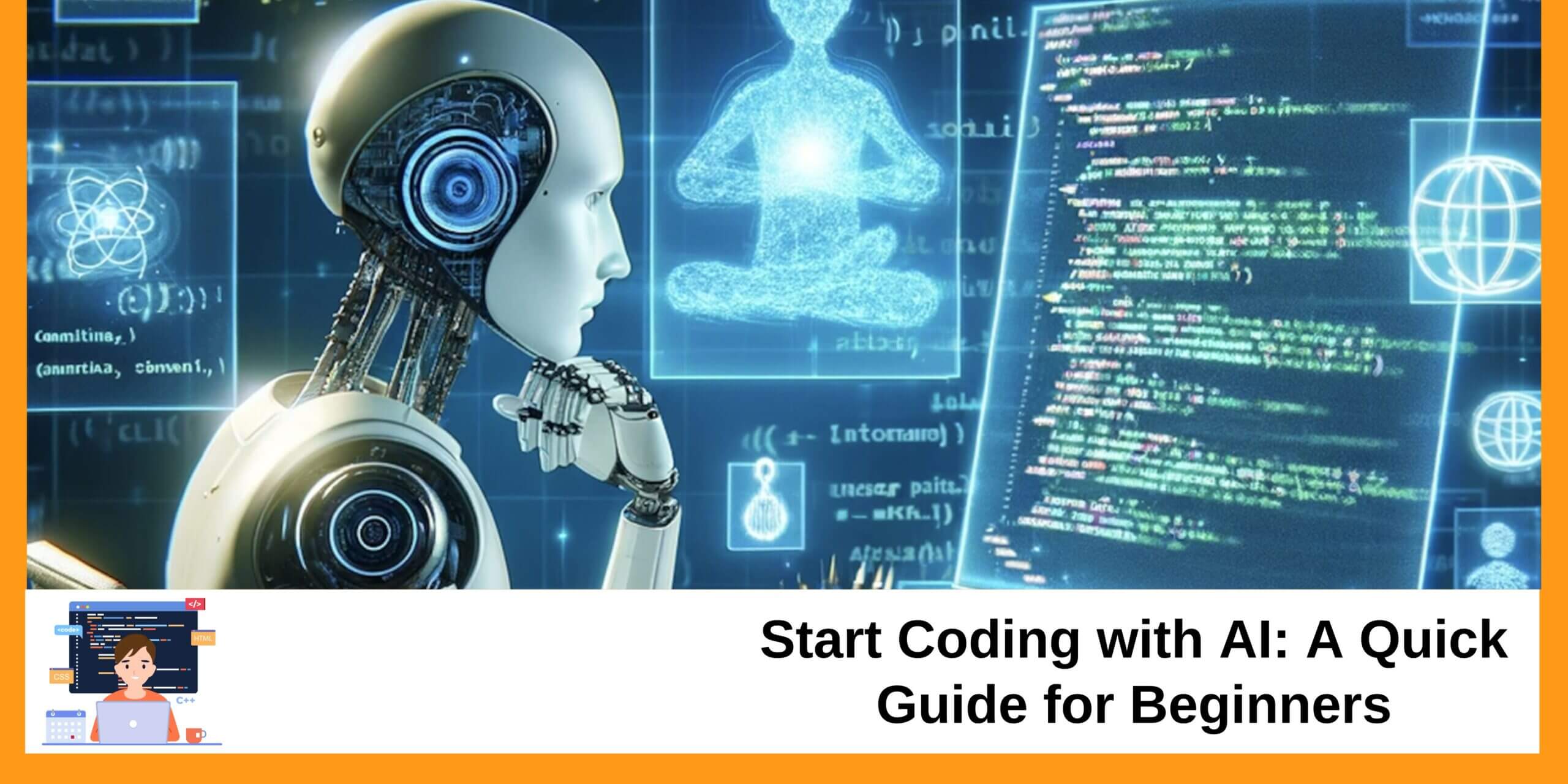Hadoop & Spark Developer Training with Scala and Python
- Created By shambhvi
- Posted on July 30th, 2025
- Overview
- Audience
- Prerequisites
- Curriculum
Description:
This hands-on developer-focused training provides comprehensive coverage of the Hadoop and Apache Spark ecosystems, enabling participants to build and optimize Big Data applications using Scala or Python. The training begins with Hadoop essentials—HDFS, YARN, MapReduce, Hive, Sqoop, Pig, HBase, Flume—and progresses into Apache Spark, covering RDDs, SparkSQL, optimization techniques, and iterative algorithms including machine learning use cases.
Participants will work through practical examples and real-world scenarios, gaining fluency in working with large-scale data processing tools, ingest mechanisms, and querying frameworks. The course is language-flexible and supports parallel development in both Scala and Python, making it ideal for developers, data engineers, and analysts transitioning into Big Data platforms.
Duration: 5 Days
Course Code: BDT 505
Learning Objectives:
By the end of this course, participants will be able to:
- Understand the Hadoop ecosystem and use HDFS, MapReduce, Hive, and Sqoop effectively.
- Ingest, query, and manipulate large datasets using Hive, Pig, and Impala.
- Build Spark applications using RDDs, Spark SQL, and DataFrames in Scala and Python.
- Apply optimization techniques for Spark performance and resilience.
- Develop data pipelines and workflows using real-world use cases and machine learning scenarios.
This course is ideal for:
- Data Engineers and Developers transitioning to Hadoop/Spark
- Python/Scala developers working with large-scale data
- BI Developers expanding into Big Data technologies
- Software Engineers targeting data pipeline development
- Familiarity with SQL and basic programming (Java, Python, or Scala)
- Basic understanding of data processing and file systems
Course Outline:
Module 1: Big Data and the Hadoop Ecosystem
- Traditional Data Models and their Limitations
- What is Hadoop and Why It Matters
- Hadoop Ecosystem Components Overview
Module 2: HDFS and Hadoop Architecture
- Distributed Processing on a Cluster
- HDFS Architecture and Command-Line Usage
- YARN as a Resource Manager
- YARN Architecture and Operations
Module 3: MapReduce and Data Ingestion with Sqoop
- MapReduce Concepts and Execution Flow
- Advanced MapReduce Patterns
- Sqoop Overview, Imports/Exports
- Performance Tuning and Limitations of Sqoop/Sqoop2
Module 4: Hive and Impala Basics
- Introduction to Hive and Metastore
- Hive vs. SQL and Traditional Databases
- Why and When to Use Impala
Module 5: Working with Hive and Impala
- Creating Databases, Tables
- Loading Data into Hive Tables
- HCatalog Integration
- How Impala Executes Queries on Cluster
Module 6: Data Formats and Avro Schema Handling
- Supported Hadoop File Formats
- Avro Schema Design
- Avro Integration with Hive and Sqoop
- Schema Evolution Concepts
Module 7: Advanced Hive Concepts and Partitioning
- Partitioning in Hive and Impala
- Use Cases for Partitioning
- Bucketing in Hive
- Optimizing Hive Query Performance
Module 8: Apache Flume and HBase
- Flume Architecture and Components (Sources, Sinks, Channels)
- Flume Configuration for Data Ingestion
- Introduction to HBase and Architecture
- HBase vs. RDBMS
- Data Storage and Access in HBase
Module 9: Introduction to Apache Pig
- What is Pig and When to Use It
- Pig Latin and Components
- Pig vs. SQL
- Writing and Running Pig Scripts
Module 10: Apache Spark Fundamentals
- What is Apache Spark?
- Spark Shell Demo (Scala & Python)
- Introduction to RDDs (Resilient Distributed Datasets)
- Functional Programming Concepts in Spark
Module 11: Deeper Dive into Spark RDDs
- RDD Operations and Transformations
- Key-Value Pair RDDs and Associated APIs
- Hands-on Pair RDD Operations
Module 12: Developing Spark Applications
- Spark Application Lifecycle
- SparkContext Creation
- Building Spark Applications (Scala & Python)
- Running Spark on YARN (Client vs. Cluster Mode)
- Dynamic Resource Allocation and Configuration
Module 13: Spark Parallelism and Execution
- Spark Execution on Cluster
- RDD Partitioning Strategies
- HDFS Locality and Parallelism
- Spark Tasks, Stages, and Partition Control
Module 14: Spark RDD Optimization Techniques
- Understanding RDD Lineage
- Caching and Persistence Strategies
- Storage Levels and Choosing the Right Option
- RDD Fault Tolerance Mechanism
Module 15: Spark Algorithms and ML Use Cases
- Common Real-World Spark Use Cases
- Iterative Algorithms in Spark
- Introduction to Machine Learning Concepts in Spark
Module 16: Spark SQL and DataFrames
- Spark SQL Concepts and SQLContext
- Creating and Transforming DataFrames
- Querying with DataFrames
- Spark SQL vs. Impala: A Comparison
Training Material Provided:
- Course slides and reference guides




